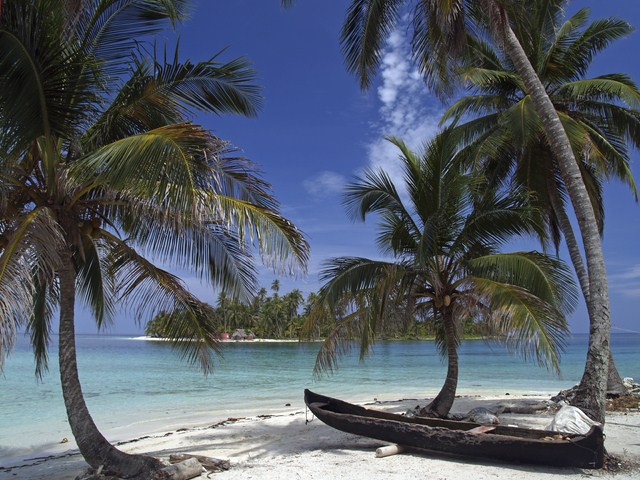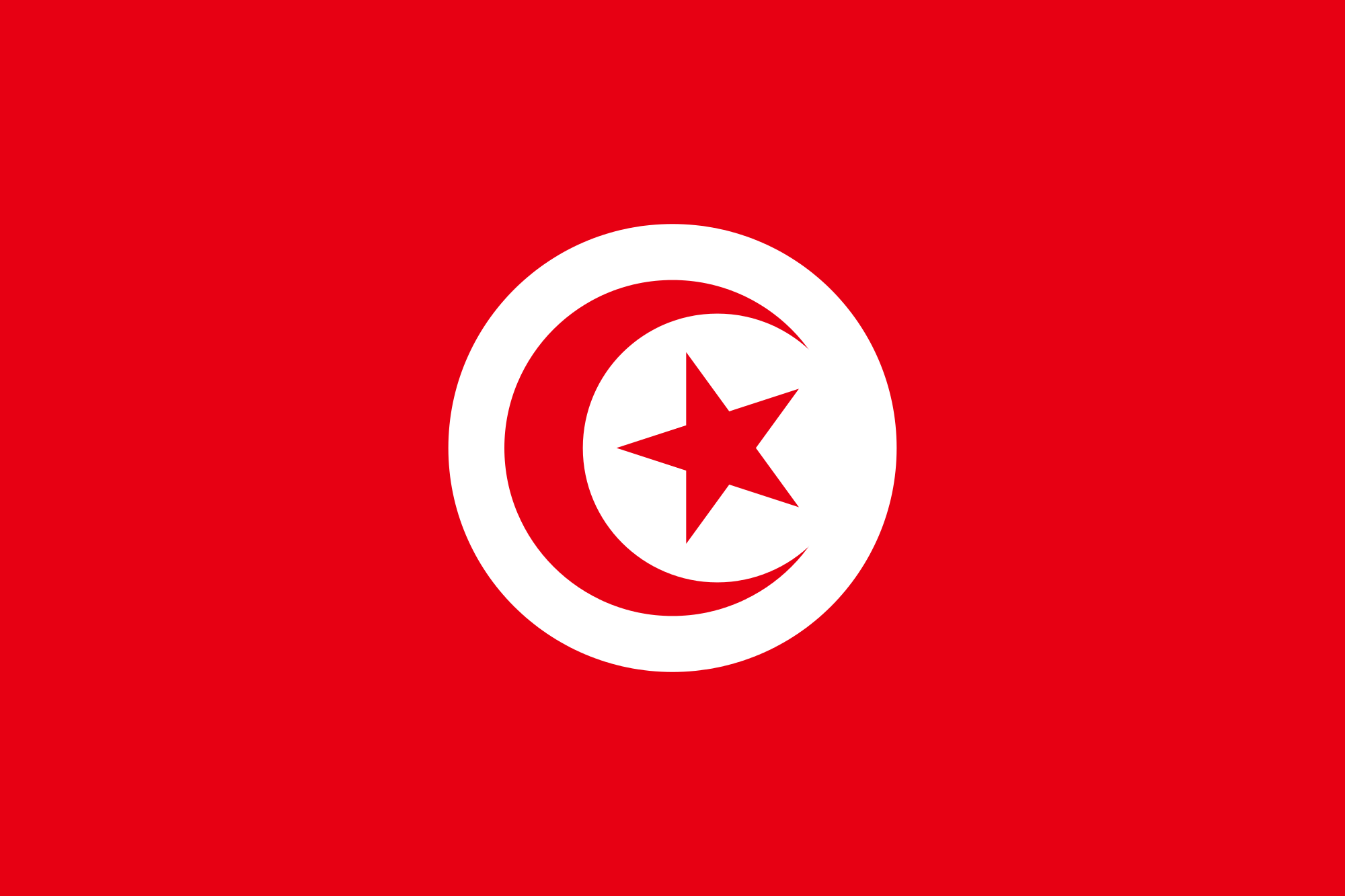Today I meet with Francine, a vibrant and proud woman in her mid-60s. A successful Jerusalem-area business woman, she tells an immigrant story of both challenge and triumph.
Francine’s Story
Francine’s family arrived in Israel over 50 years ago, as part of the mass immigration of North African Jews that occurred during the 1950s and 1960s. Along with her parents and six siblings, she settled in a development town near Jerusalem, populated almost entirely by traditional Moroccan immigrants. Such set-ups offered few opportunities for employment and upward mobility in that era. “My father had been a merchant in Morocco, but because he didn’t have the needed skills for the labor market here, he was usually unemployed,” Francine recalls. Her mother, who had come from a prominent Moroccan family, did domestic work for European immigrants in the Jerusalem area.
In addition to dealing with downward economic mobility in the early years of her family’s immigration, Francine also dealt with identity problems as a Moroccan immigrant. “I didn’t like most of the Moroccans in the settlement town, and knew they were looked down upon by others. Whenever you heard about criminal activity, it seemed to be associated with a fellow Moroccan.” Francine says that her negative perception turned around when she began to meet other Moroccans in Israel, and during a brief stay in the United States, who were educated and professional. She realized that she didn’t have to reject her own ethnic heritage.
Francine attributes this period of ethnic self-hatred to the different perceptions in that time of Asian and African immigrants versus those of European origins. In the ‘50s and ‘60s, European immigrants arrived with higher levels of education and income than Middle Easterners, who tended to cluster in lower income communities. The European culture enjoyed much greater prestige, and Moroccans were in the lowest possible position in the immigrant social hierarchy.
“Now a lot of that has changed,” Francine reports. There’s a strong Moroccan middle class in Israel. I know doctors, lawyers, business people, artists — all from Morocco. Today, there are several members of the Israeli Parliament who were born in Morocco. It makes me proud.”
The Jews in Morocco
Hundreds of thousands of Jews once lived in the small North African country of Morocco, but the 1948-1967 exodus to the newly created State of Israel significantly reduced the country’s Jewish population. Today only about 5,500 Jews remain in Morocco.
During the past few decades, most Jews in Morocco have lived in urban settings and belonged to the working and middle classes. About 15% of Moroccan Jews lived in affluence. Jewish communities there have tended to be well-organized, and its members receive both Hebrew and French education. The Jews of Morocco have a largely Sephardic heritage, which is reflected in their religious celebrations.
Moroccan Jews in Israel
Of all Israeli residents of Asian and African background, 60% are Moroccan. Most Moroccan Jews chose to move to Israel not out of financial necessity or anti-Semitism, but to honor the tradition of aliyah to the Holy Land.
As Francine has noted, this immigrant group has experienced significant changes in its economic and social status over the past half-century. During the first few decades of large-scale Moroccan immigration, new arrivals occupied the lowest rungs of Israeli society. Protests and even rioting occurred as they were discriminated against by fellow immigrants from other backgrounds. In recent years, needed change has occurred. Today, about one third of Moroccan immigrants belong to Israel’s middle class. While thousands of Moroccan immigrants were originally encouraged to abandon cultural traditions in order to adapt to the new culture, growing acceptance of cultural pluralism in Israel has allowed for a resurgence of ethnic pride in Moroccan immigrants.
This change is reflected in Francine and her family. Now in her mid-60s, Francine has owned and operated a Moroccan bakery for years. She often serves Moroccan foods in her home and participates in Moroccan social rites with other immigrants. “I even help out with bridal Henna rituals when Moroccan girls get married — I like to show everyone our beautiful culture.” Brides are adorned with intricate henna-dyed designs, fragrances are burned to ward off evil spirits, and Moroccan music is played. For Francine and others, celebrations such as these help to reinforce pride in their Moroccan culture, even as they move into the mainstream of Israeli society.



